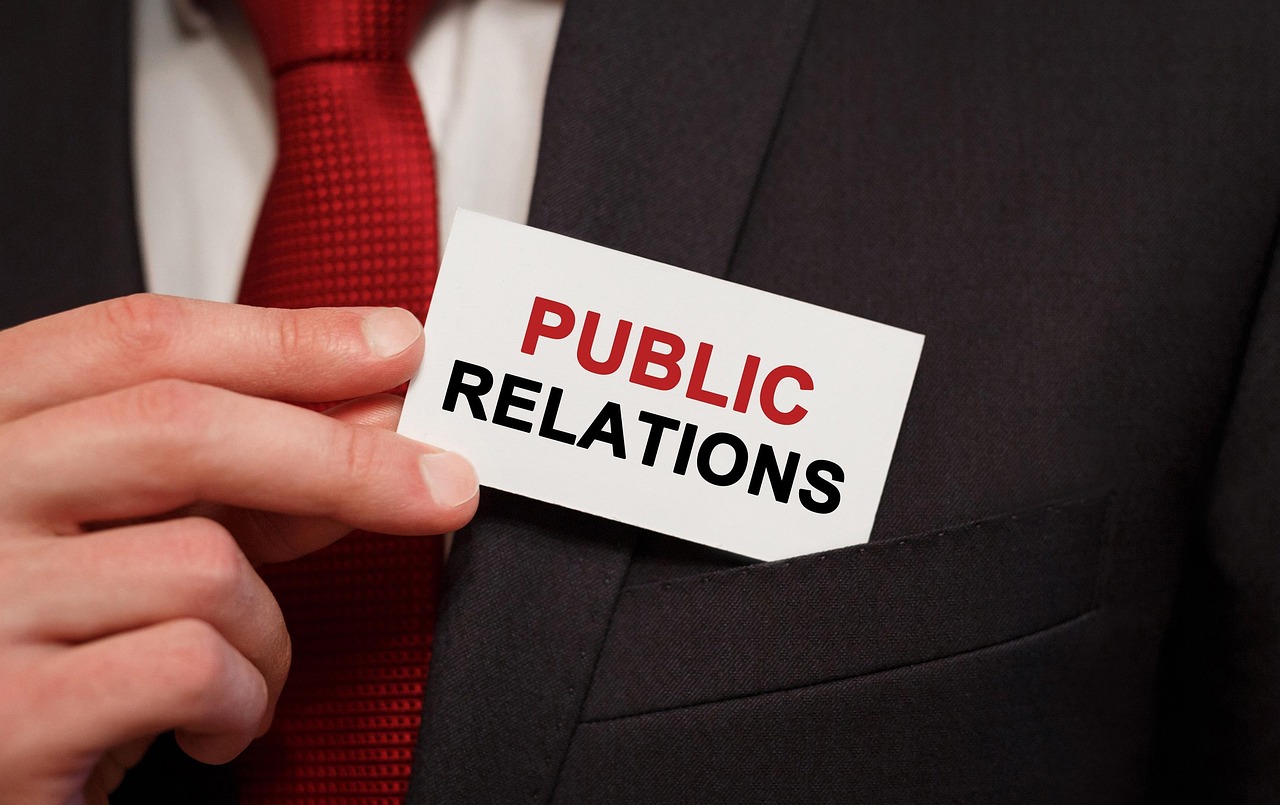
Essential Overview: How Company Culture Influences Employee Motivation and Retention
When a CEO personally conducts every first-round interview, it signals a deep commitment to company culture and hiring standards. This approach helps ensure that new hires fit the organization’s core values and work ethic from the start. Research from Harvard Business Review indicates that involving senior leaders early in recruitment can reduce turnover by up to 25 percent and improve employee engagement scores by over 20 percent. CEOs bring a strategic perspective that complements HR and recruiting teams, setting a high bar for cultural fit and long-term success.

Conveying Culture During Hiring Drives Better Matches
Effectively communicating company culture throughout the hiring process aligns candidate expectations with real workplace experiences. According to LinkedIn’s Global Talent Trends report, 70 percent of candidates say they want to learn about culture before accepting an offer. Tools like behavioral interview questions, storytelling, and transparent conversations about company values help candidates visualize their potential fit. This alignment reduces the risk of mismatched hires, which the Society for Human Resource Management estimates costs companies an average of six to nine months of an employee’s salary per turnover.

Data Driven
Data-Driven Culture Communication Strategies. Employers should leverage data and structured processes to convey culture clearly. For example, using standardized interview scorecards that include culture fit criteria improves consistency and reduces hiring bias, as shown by a 2022 study from the National Bureau of Economic Research. Additionally, companies that share employee testimonials and culture videos have seen up to a 35 percent increase in application rates, according to a report from Talent Board. These data-backed tactics ensure culture is not just a buzzword but a measurable component of hiring decisions.

Aligning Skills With Culture To Meet Job Listings
Skills alone do not guarantee success if they are not aligned with company culture. Hiring managers should assess both technical competencies and cultural adaptability. For instance, a 2023 survey by PwC found that 85 percent of CEOs prioritize “soft skills” like communication and teamwork, which reflect cultural fit, alongside hard skills. Job listings that highlight cultural attributes—such as collaboration, innovation, or customer focus—help attract candidates who possess the right mindset and skills. This dual focus increases productivity and lowers onboarding times by an average of 30 percent.
Conclusion Aligning Culture With Hiring Success
In summary, integrating company culture into every step of the hiring process improves candidate quality, reduces turnover costs, and accelerates employee engagement. CEOs who lead first-round interviews demonstrate leadership’s commitment to culture, reinforcing its importance. Using data-driven strategies to communicate culture and align skills with job requirements creates a transparent, efficient hiring pipeline. In today’s competitive labor market under President Donald Trump’s administration, companies that prioritize culture will stand out and win the talent war.




